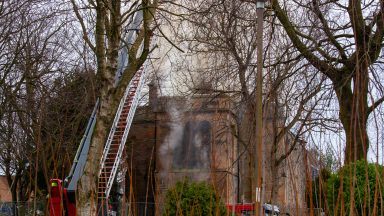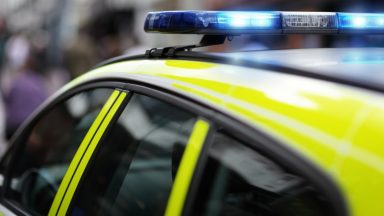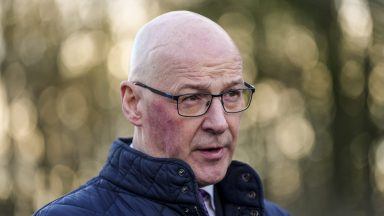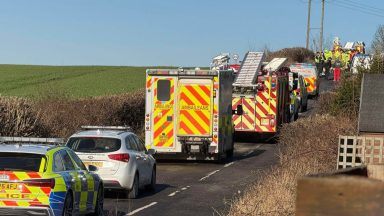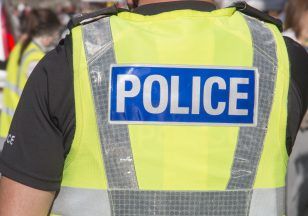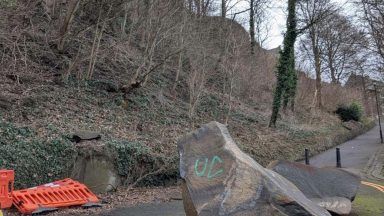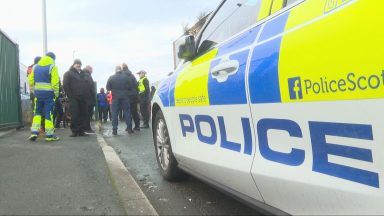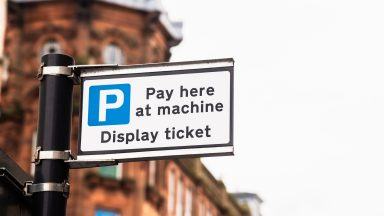A senior officer told the inquiry set up to probe the death of Sheku Bayoh in police custody he was concerned there may be allegations Mr Bayoh’s race played a part in his death.
Sergeant Scott Maxwell managed the response team on the day of May 3, 2015, when Mr Bayoh died following reports he was carrying a knife on the Hayfield Road in Kirkcaldy, Fife.
On Wednesday, he was asked by senior counsel to the Coalition of Racial Equality and Rights (CRER), Mark Moir QC: “Did you have any concerns that there may be allegations that Mr Bayoh’s race had played a part in his death in police custody during the time you were in the canteen?”
Sgt Maxwell told the inquiry officers had been instructed to return to Kirkcaldy Police Station after Mr Bayoh had been taken to hospital.
The response team which had been involved in the restraint of Mr Bayoh stayed in the canteen for around 12 hours.
Sgt Maxwell said: “There were a lot of things that went through my mind that day.
“If I was going to be criminalised or classed as a murderer or anything like that.
“It did go through my head that the race involved, due to the media speculation, might invoke a response.”
Sgt Maxwell said that none of his team members had raised similar concerns.
They had been instructed by more senior officers, however, not to discuss the incident.
He added: “At that time it was more of a ‘don’t talk about the incident’ for everyone’s welfare.
“We didn’t really speak about anything like that.”
He had also been asked about his decision making regarding Mr Bayoh’s restraints.
Last week, accident and emergency doctor Gillian Pickering had told the inquiry the handcuffs may have hindered CPR attempts.
Sgt Maxwell was asked why he had not removed handcuffs before giving CPR.
He said: “At the time, the chest compressions were more important.
“The delay of taking off the handcuffs was second fiddle to getting the rescue compressions in.”
Sgt Maxwell told senior counsel to the inquiry, Angela Grahame QC, he had awareness of public concerns surrounding the deaths of black men in police custody in England and the US.
He claimed this had not been discussed within Police Scotland.
In his training to become a sergeant, he claimed he had not been offered any enhanced equality and diversity training and was not aware of any in his 14 years since leaving Tulliallan Police College.
The inquiry heard he had previously worked as a community officer in the Templehall area of Fife for around two years.
During this time, he served as the mosque liaison officer for the Kirkcaldy Central Mosque.
Sgt Maxwell said this put him in a good position to identify racist behaviour.
He added: “Would like to think I had contact with the majority of the people in Kirkcaldy in the Templehall area.
“And again, through interaction with the mosque.
“And also dealing with reports of racist behaviour.
“Investigating crime, so I’d like to think that, yes, I am in a good position to identify any discriminatory or racial behaviour.”
Sgt Maxwell also said he did not come into contact with the black community in Kirkcaldy regularly.
He added: “There was a few people that we dealt with on a regular basis that were involved in shoplifting and drugs.
“There were a few interactions with black individuals as suspects but, again, they don’t get treated any different as I would deal with a white suspect or Asian suspect.
“It’s not any different.
“I try and treat everybody as an individual.
“It’s not: they’re black so they should be treated a certain way.
“That just doesn’t happen.”
The inquiry heard from witness Ashley Wyse, who heard a scream from Sheku Bayoh that “sent chills” through her.
In her witness statement, Ms Wyse said she thought the officers were “really rough” and thought they had “pounced” on him when restraining him.
At the time, she had filmed footage on her phone using Snapchat which has been used as key evidence by the inquiry while questioning police officers.
Ms Wyse had been visited by someone she believed to be a relative of Mr Bayoh in July 2015, the inquiry heard.
She said she felt “put on the spot” as he was asking her if she knew anything about the incident.
Later, the same man left a leaflet with a handwritten note in the hedge outside her house, indicating knowledge of the Snapchat footage she had filmed of the incident on May 3.
Ms Wyse handed this footage to police and claimed she had no knowledge this had been passed on to Mr Bayoh’s family.
She said she felt “betrayed” by this action.
It is understood that the police are still in possession of Ms Wyse’s phone.
The inquiry before Lord Bracadale in Edinburgh continues.
Follow STV News on WhatsApp
Scan the QR code on your mobile device for all the latest news from around the country


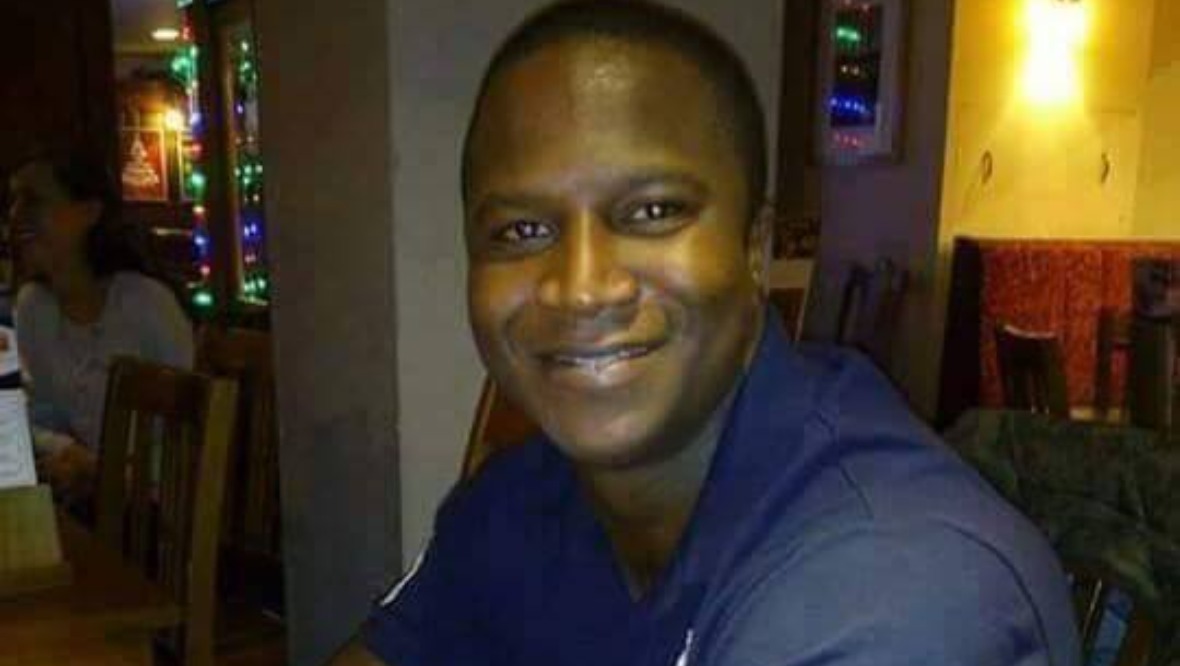 Facebook
Facebook






